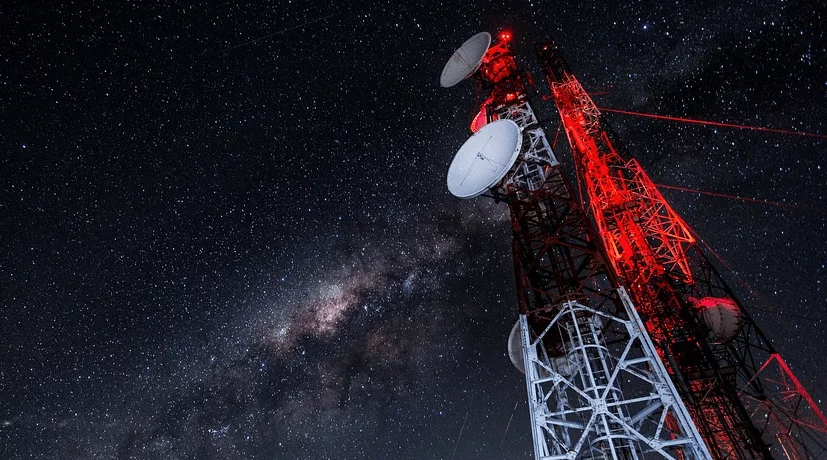Government-run telecom operator state-run Bharat Sanchar Nigam (BSNL) is planning to acquire 5 MHz spectrum in the super premium yet costly 700-MHz band across the country, in a bid to take on private telecom operators that are offering high-speed 4G services. BSNL has reached out to the government, seeking financial support to buy spectrum in the 700-MHz band, according to a Business Standard report.

“We have 20 MHz spectrum in 2,500-MHz band in 14 circles but that gives us only the capacity. If you talk about coverage, we don’t have spectrum in 800-MHz, 900-MHz or 1,800-MHz bands. That’s why our strategy is to get 700-MHz, which is the best band to give coverage. We have to buy 700-MHz because we don’t have other options,” BSNL chairman and managing director, Anupam Shrivastava, was quoted as saying.
The government will sell a record 2,354 MHz of mobile airwaves across seven bands at the upcoming auctions, which are being seen as critical for some telecom players like Vodafone and Idea Cellular, which lags behind in terms of 4G spectrum holdings. At base price, the sale of all spectrum would fetch bids worth Rs 5.63 lakh crore
The government is auctioning 700-MHz band for the first time, at a base price of Rs 11,485 crore per MHz. If all available airwaves under this band get sold, it alone will yield a whopping Rs 4 lakh crore. The Indian telcos however have not shown great enthusiasm so far for the upcoming round, citing high reserve price for certain spectrum bands.
Shrivastava said BSNL will do due-diligence after the auction and if the price of 700-MHz reaches too high, the telco might go for it in select few circles, even as BSNL is willing to pay as per the reserve price.
“We have said that we are willing to pay but we have to see the price also, if it is too high and doesn’t make sense than we might take a call and reduce the requirement,” he said.
According to him, the device ecosystem for 700-MHz wouldn’t take long to develop. He said that the devices which support 800-MHz can easily support 700-MHz and even now 35 per cent of the devices are 700-MHz ready.
“Once 700-MHz is auctioned, 50-70 per cent handsets will immediately go for it,” Shrivastava added.















